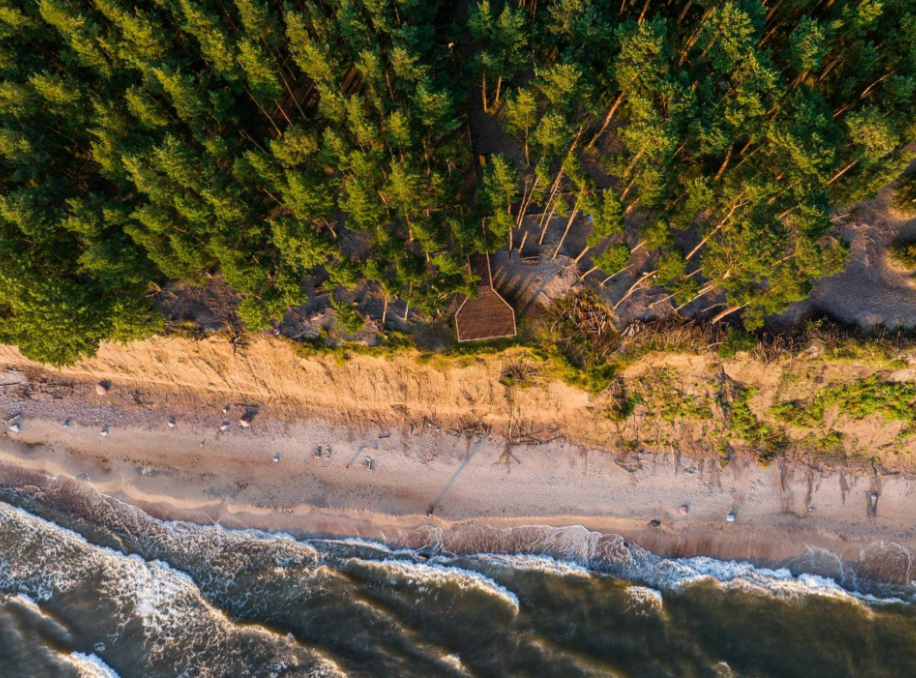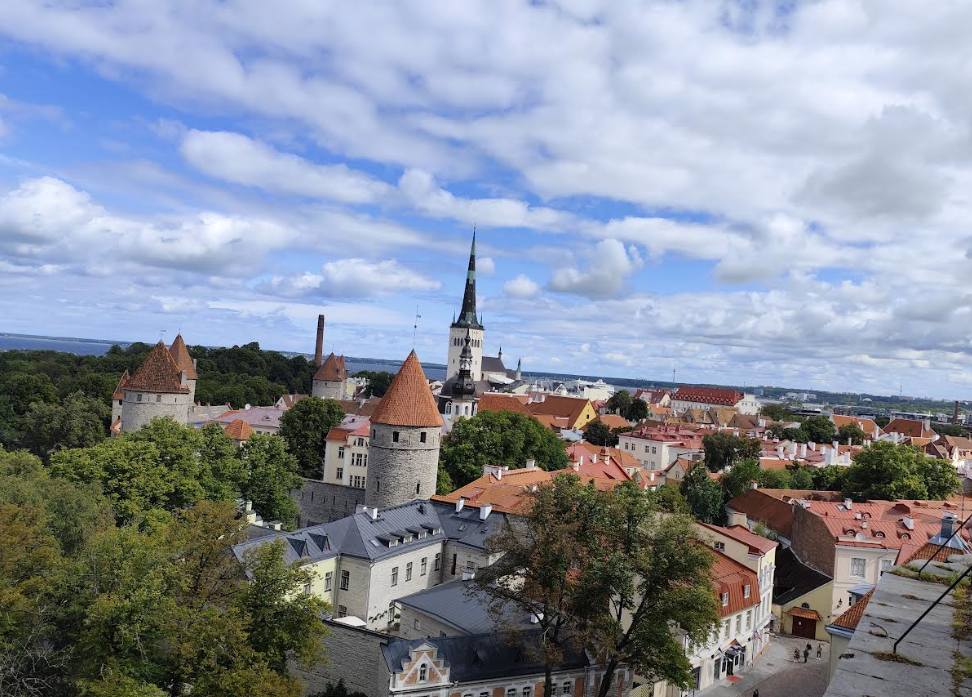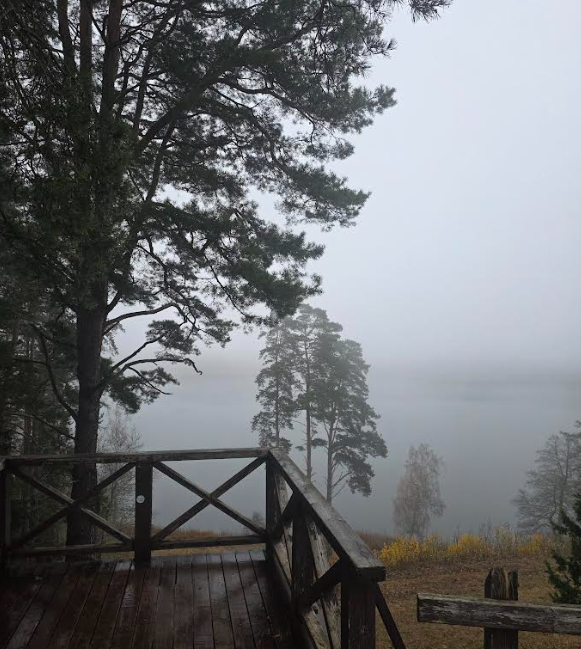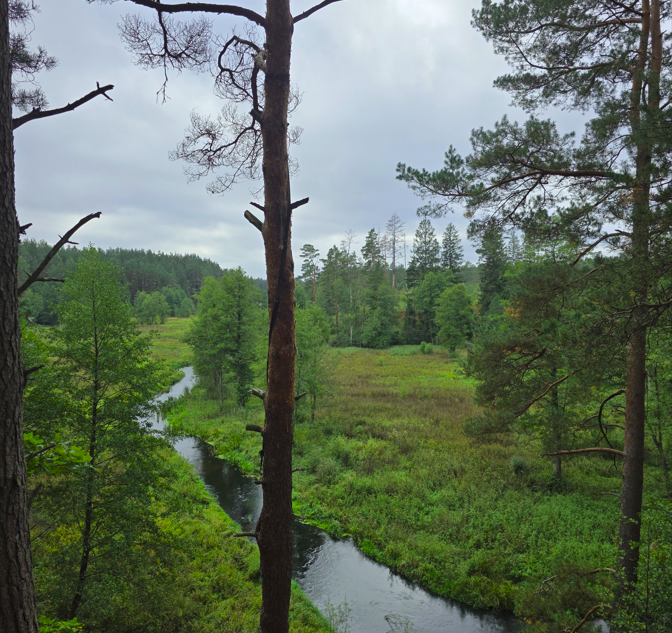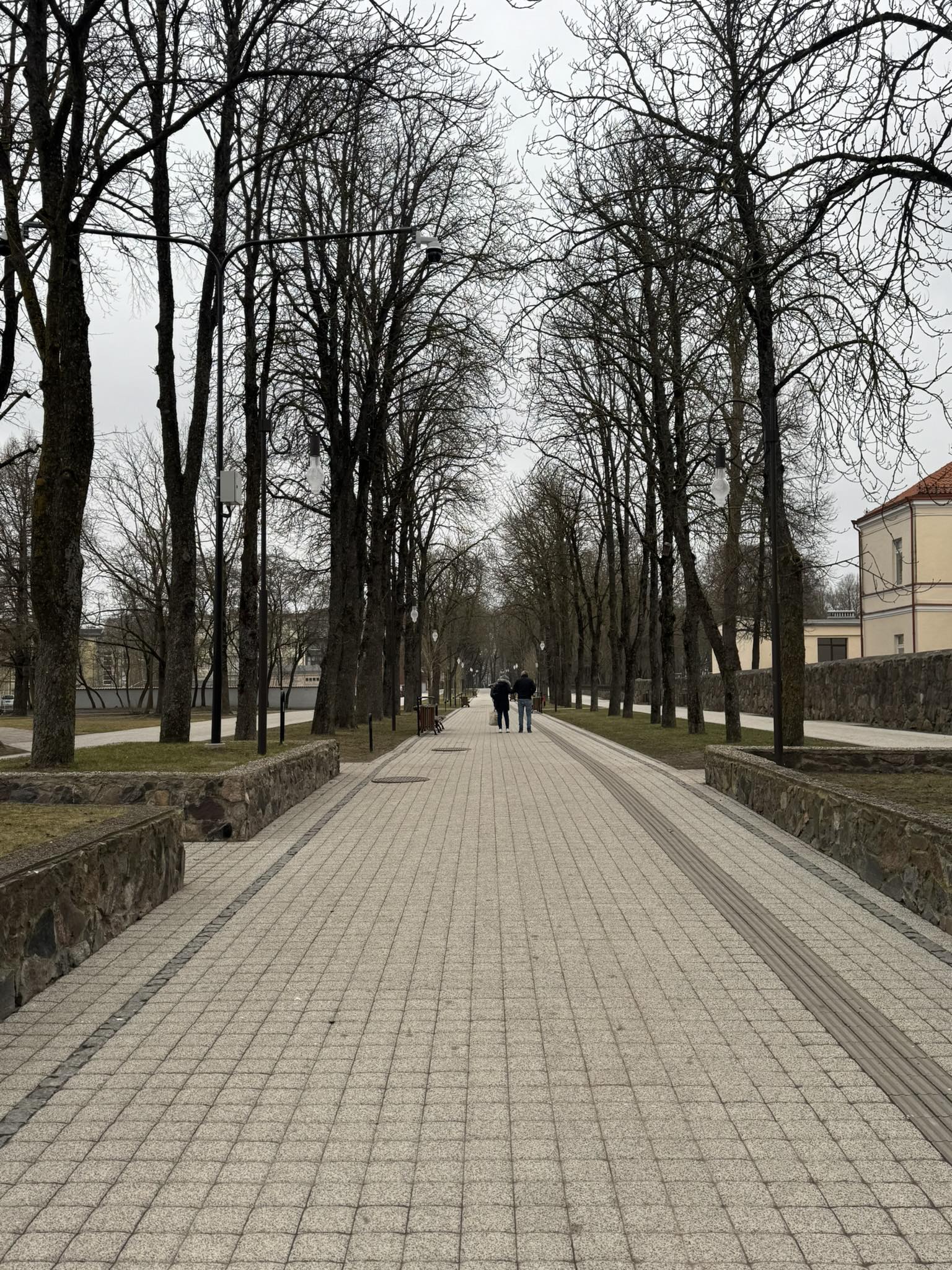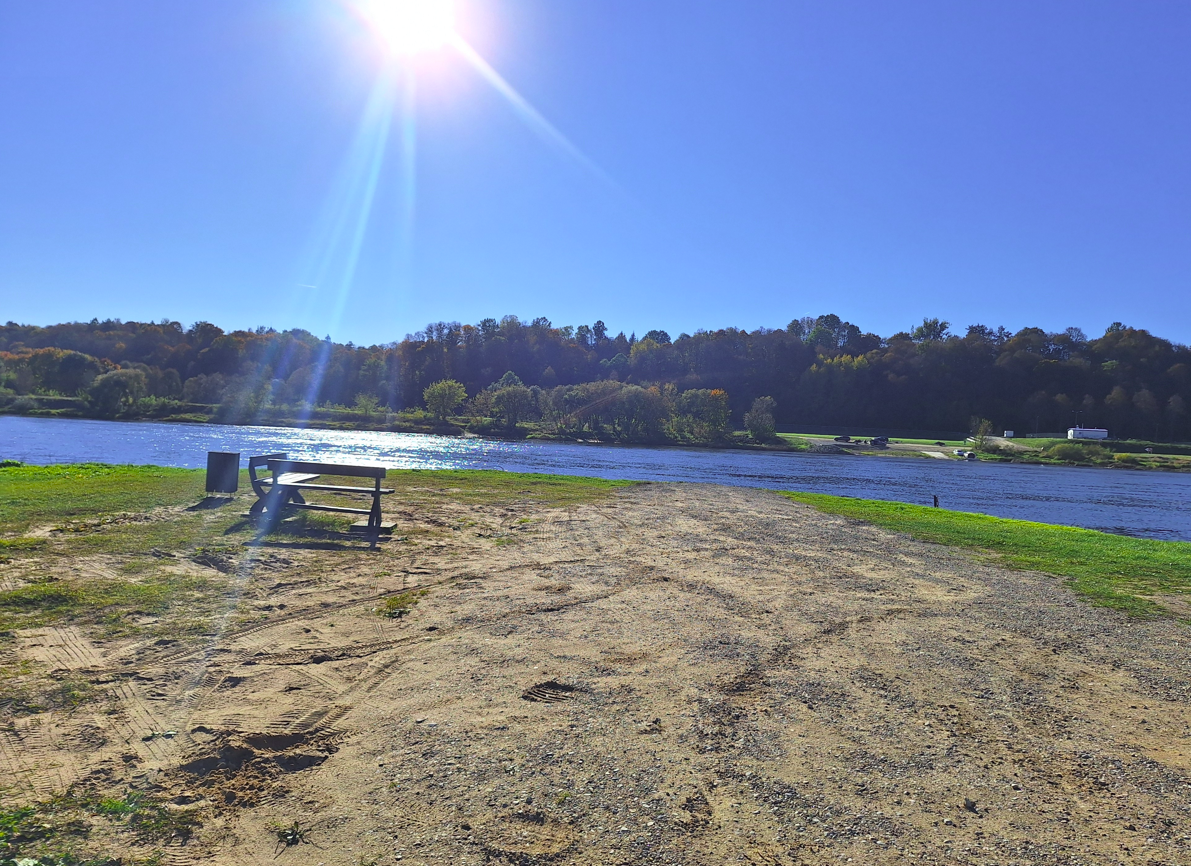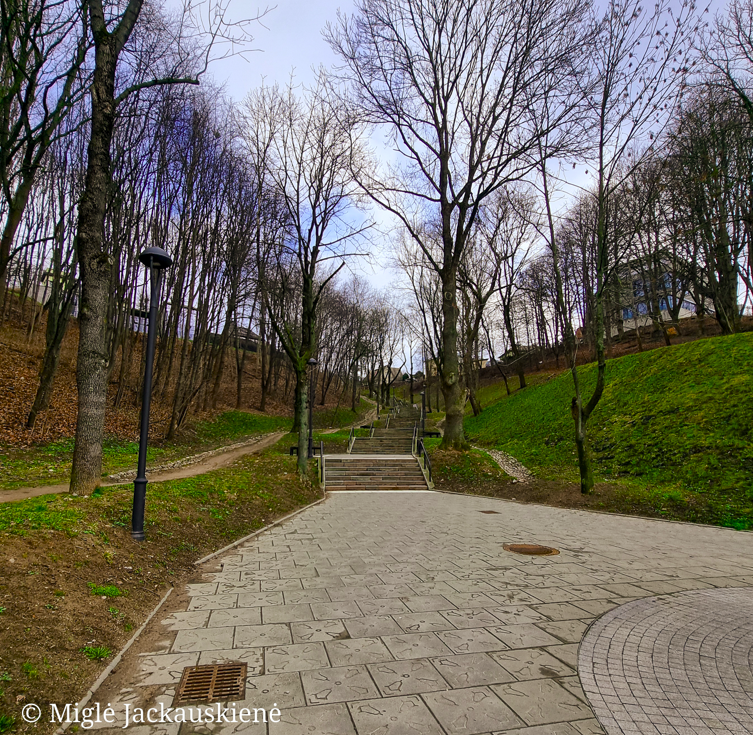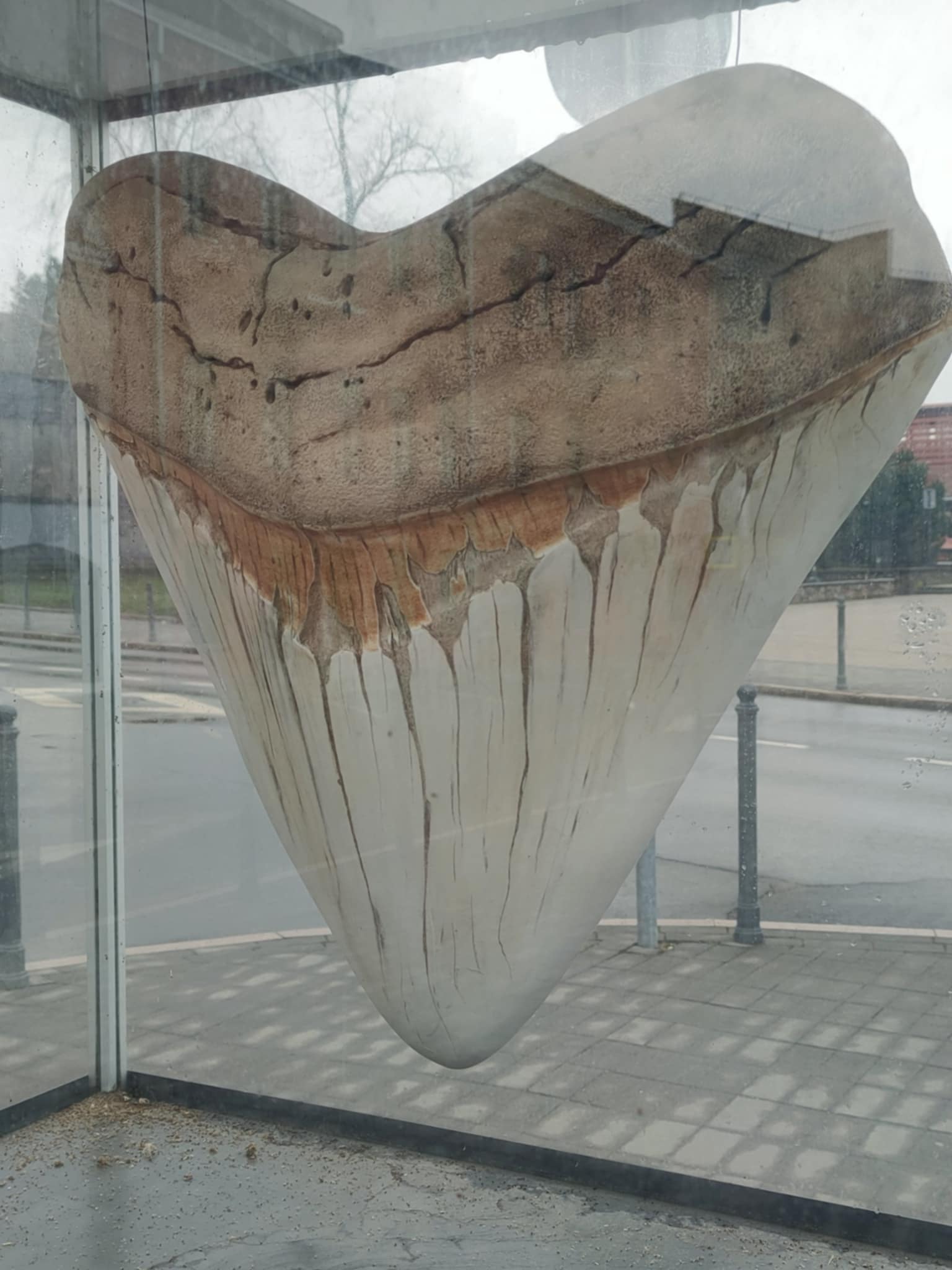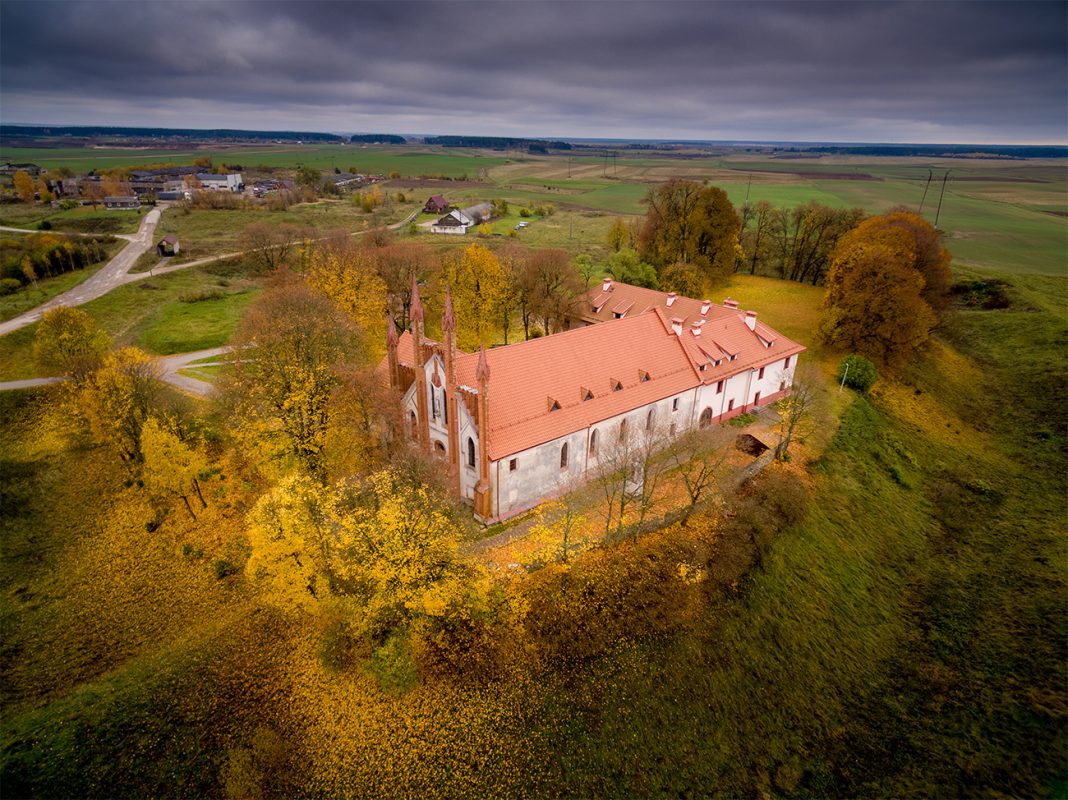Monastery of the Annunciation in Old Trakai Castle Site

333

2

0
5 out of 5
(1 reviews)
By the early 15th century, Old Trakai Castle had long lost its defensive significance, as the Island Castle in New Trakai (now simply Trakai) had taken over as the main defensive stronghold. Vytautas the Great invited Benedictine monks from Tyniec, a city near Krakow (in present-day Poland), to his native castle.
Info
-

Religious Heritage
-
Senieji Trakai
-
By the early 15th century, Old Trakai Castle had long lost its defensive significance, as the Island Castle in New Trakai (now simply Trakai) had taken over as the main defensive stronghold. Vytautas the Great invited Benedictine monks from Tyniec, a city near Krakow (in present-day Poland), to his native castle.
The ruler built a wooden church and allocated a tithe of manor land and two lakes to the monks. The monastery thrived until the mid-19th century when it was closed by the Russian Empire's administration.
The monks were known for their contemplative lifestyle, dedicating much time to prayer, meditation, and other spiritual practices. They evangelized in their assigned domains and established a parish primary school near the abbey.
The fact that the Benedictines were educated and valued education is evidenced by the monastery library, which housed 769 books at the end of the 18th century. At that time, the value of printed books was about 8 gold coins, and some even reached
30 gold coins.
The Benedictine monastery in Old Trakai had to be rebuilt several times due to the deterioration of the wooden structure and damage from fires. In the 18th century, new masonry monastery buildings were erected on the site. However, the monastery was eventually closed, and the Benedictine brothers moved to Nesvizh.
Currently, the Monastery of the Annunciation in Old Trakai is home to the Apostolic Sisters of Saint John. In the restored medieval castle, the sisters have established a retreat house and invite the faithful to participate in Catholic spiritual retreats and meditation exercises. The sisters also organize various religious celebrations, take care of the local youth, and have even hosted participants of a bard festival.
Monday is known as the "desert day" for the Apostolic Sisters of Saint John, dedicated to complete solitude and silent prayer. On other days of the week, the monastery is open, with Holy Mass celebrated, and the Blessed Sacrament adored.
Found a mistake?
Report

 Entertainment
Entertainment
 Food establishments
Food establishments





























 54.605082, 24.983828
54.605082, 24.983828
 Get directions
Get directions